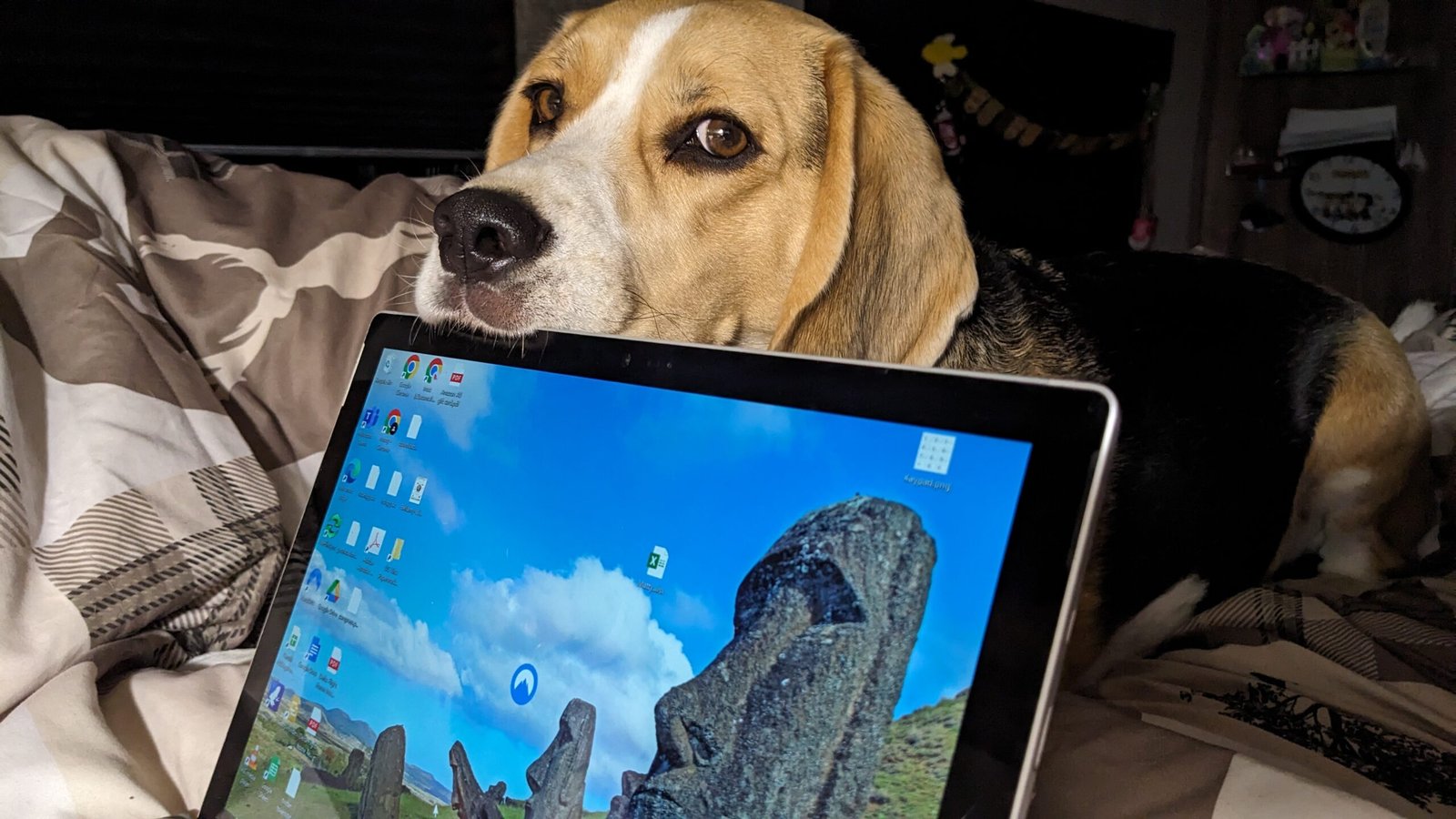The ability to work from anywhere over the internet has opened up a world of possibilities for independent professionals.
This guide explores the unique experiences and considerations for freelancers in diverse locations across the world, including Mexico, Easter Island, Peru, England, Portugal, and Malta.
From financial implications to tax considerations, let’s delve into the intricacies of freelancing across borders.
Freelancing in Mexico
Mexico, with its vibrant culture and diverse landscapes, is an attractive destination for freelancers. The cost of living is generally lower, allowing freelancers to enjoy a comfortable lifestyle. Co-working spaces are emerging in major cities, providing a conducive environment for remote work.
Managing finances in Mexico requires an understanding of currency exchange rates and banking systems. Setting up a local bank account can simplify transactions, and platforms like PayPal are widely used. Freelancers should be aware of fluctuating exchange rates to optimize income.
Freelancers in Mexico are subject to local tax laws. While tax rates can be favorable, it’s crucial to stay informed about regulations. Seeking advice from local accountants or tax professionals can help navigate the complexities of Mexican tax obligations.
Freelancing on Easter Island
Easter Island’s remote beauty comes with unique challenges, including limited internet connectivity. Freelancers must explore local co-working options or invest in reliable mobile hotspots to ensure a stable online presence.
The cost of living on Easter Island can be higher due to its isolation. Freelancers should budget accordingly and consider potential challenges in accessing certain goods and services. Reliable shipping services may be essential for necessary equipment or supplies.
Easter Island is governed by Chilean tax laws. Freelancers should be aware of their tax obligations in both Easter Island and mainland Chile. Seeking guidance from tax professionals familiar with the region is advisable.
Freelancing in Peru
Peru’s rich cultural heritage and emerging business scene make it an intriguing destination for freelancers. Lima, in particular, offers co-working spaces and a growing community of remote professionals.
Peru’s cost of living can vary, and freelancers should research expenses in their chosen city. Establishing local banking arrangements can simplify financial transactions, and platforms like TransferWise may provide cost-effective currency exchange solutions.
Understanding Peru’s tax regulations is essential for freelancers. Local tax rates apply, and freelancers should be diligent in complying with reporting requirements. Engaging local tax experts can ensure compliance with Peruvian tax laws.
Freelancing in England
England offers both cosmopolitan cities with a bustling environment and alos a calm countryside for freelancers. Access to established co-working spaces and a robust digital infrastructure make it an attractive location for remote work.
The cost of living in England, especially in cities like London, can be high. Freelancers should budget accordingly and explore accommodation options that align with their financial goals. Understanding the local currency and banking system is crucial for financial management.
Freelancers in England are subject to UK tax regulations. Navigating the UK’s tax system, including National Insurance contributions, is vital for compliance. Seeking advice from local accountants can provide valuable insights into tax planning.
Freelancing in Portugal
Portugal’s favorable climate, lifestyle, and scenic beauty make it an appealing destination for freelancers. Cities like Lisbon and Porto offer a thriving community of remote professionals, with co-working spaces and networking opportunities.
Portugal’s cost of living is generally lower than many Western European countries. Freelancers can enjoy a comfortable lifestyle, and platforms like Wise or Revolut may offer convenient banking solutions. Researching local expenses is key for financial planning.
Portugal’s tax laws apply to freelancers, and understanding the Non-Habitual Resident (NHR) regime can have implications for tax residency. Freelancers should seek advice from tax professionals familiar with Portuguese regulations.
Freelancing in Malta
Malta’s picturesque landscapes and business-friendly environment make it an enticing destination for freelancers. Co-working spaces are available, and the island’s connectivity supports remote work.
Malta’s cost of living is moderate, and freelancers can benefit from a stable banking system. Exploring tax-efficient banking options and understanding local expenses contribute to effective financial management.
Malta’s tax regime has nuances, and freelancers should be aware of local tax obligations. Engaging with tax professionals familiar with Maltese tax laws can help optimize tax planning and compliance.
My Choice?
Freelancing across borders offers a rich tapestry of experiences and challenges. From navigating cultural nuances to understanding financial landscapes and tax implications, freelancers must adapt to diverse environments. Whether in the vibrant streets of Mexico, the remote beauty of Easter Island, the cultural tapestry of Peru, the business hub of England, the scenic landscapes of Portugal, or the island oasis of Malta, freelancers can thrive by embracing the unique opportunities each location presents.
As a global freelancer, success lies in being adaptable, staying informed about local regulations, and building a network of support. By combining technical expertise with cultural awareness, freelancers can truly make the world their workplace in 2024.




